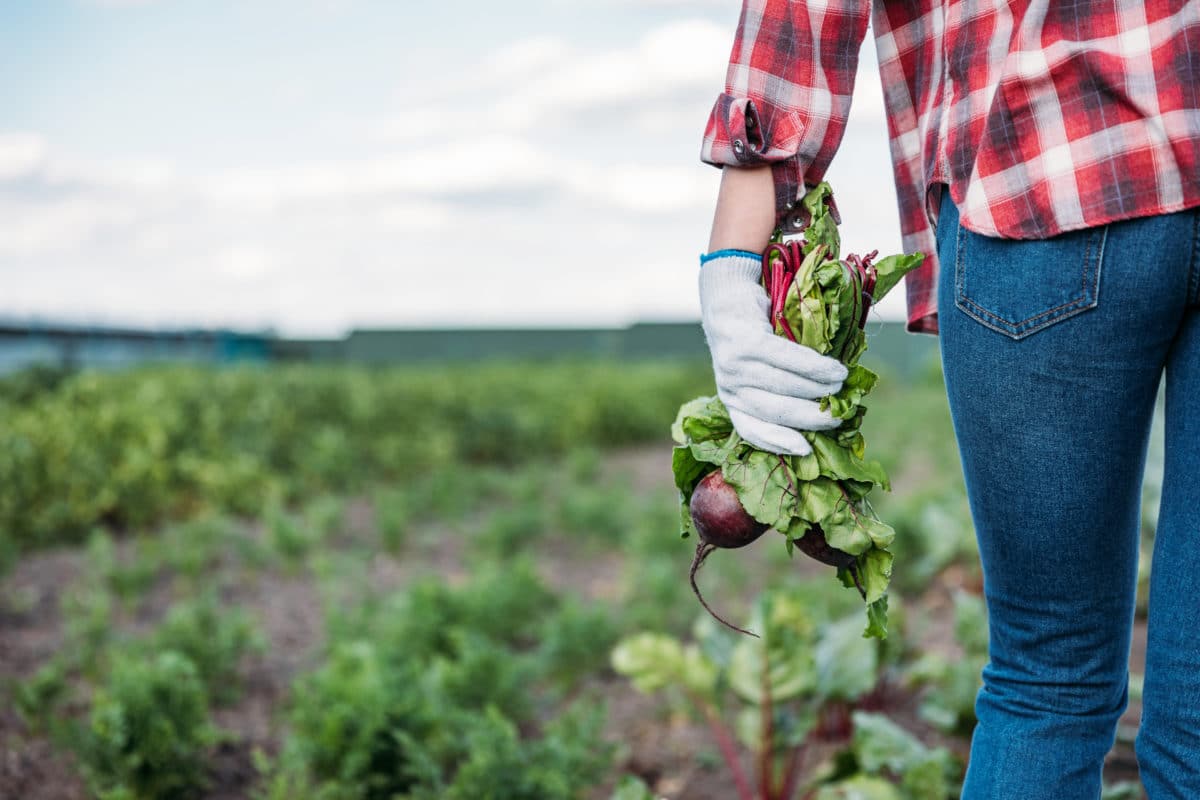With the pace of life so frenetic in our technologically-connected world, it is becoming increasingly important to take time to slow down when we can. Food is often considered in terms of time, cost, convenience, knowledge, and skills. But a close connection with food can be profoundly meaningful.
Whatever your circumstances and budget, small changes in how you source, prepare, and enjoy your food can be pleasurable and meaningful. Even if you don’t cook, the chore of shopping can be a joyful activity. Instead of trundling round a huge supermarket, bombarded with brands, marketing and packaging, why not try and pick up your fresh fruit and vegetables from a local market or farm? If you live near a “pick-your-own,” in a rural area, or near a parkland where foraging is permitted, why not pick and forage seasonal berries, greens and nuts? Learn what is edible and pick carefully; the experience of coming closer to the environment in which your food is grown can spark joy and imagination. Fresh ingredients are rich in nutrients and will taste better than you ever imagined.
When it comes to preparing meals, it can sometimes feel like an effort to even think about what to eat. On days like these, taking five or ten minutes to fully immerse oneself in a task like chopping offers a chance to slow down and refocus the mind, switching off the pressures of the day.
As a full-time food writer, it is my job to immerse myself in food. My overriding feeling is that despite all the ingredients, recipes and restaurants to discover, taste and test, my keenest interest lies in deepening my connection to the food I eat.
When I undertook professional chef training at the Ballymaloe Cookery School in County Cork, Ireland, I lived on an organic farm for three months, eating nothing but fresh food prepared from scratch. Ingredients were picked, pulled and cut first thing every morning, then taken into the kitchens to wash, prepare and cook. The flavors were a revelation, as was the feeling of connecting directly with the ingredients from field to fork. I will never forget how well I felt eating such great, high-quality, fresh food.
Returning home, I was unable to recreate the experience of farm life, but I felt an insatiable curiosity about traditional ingredients and had a desire to learn about culinary skills of the past. That led me to write a book, SMOKED, and my most recent book, FERMENTED. And it is with that in mind that I encourage you to find a few minutes, where possible, to slow down, too, and find a connection with the food you eat. ![]()
